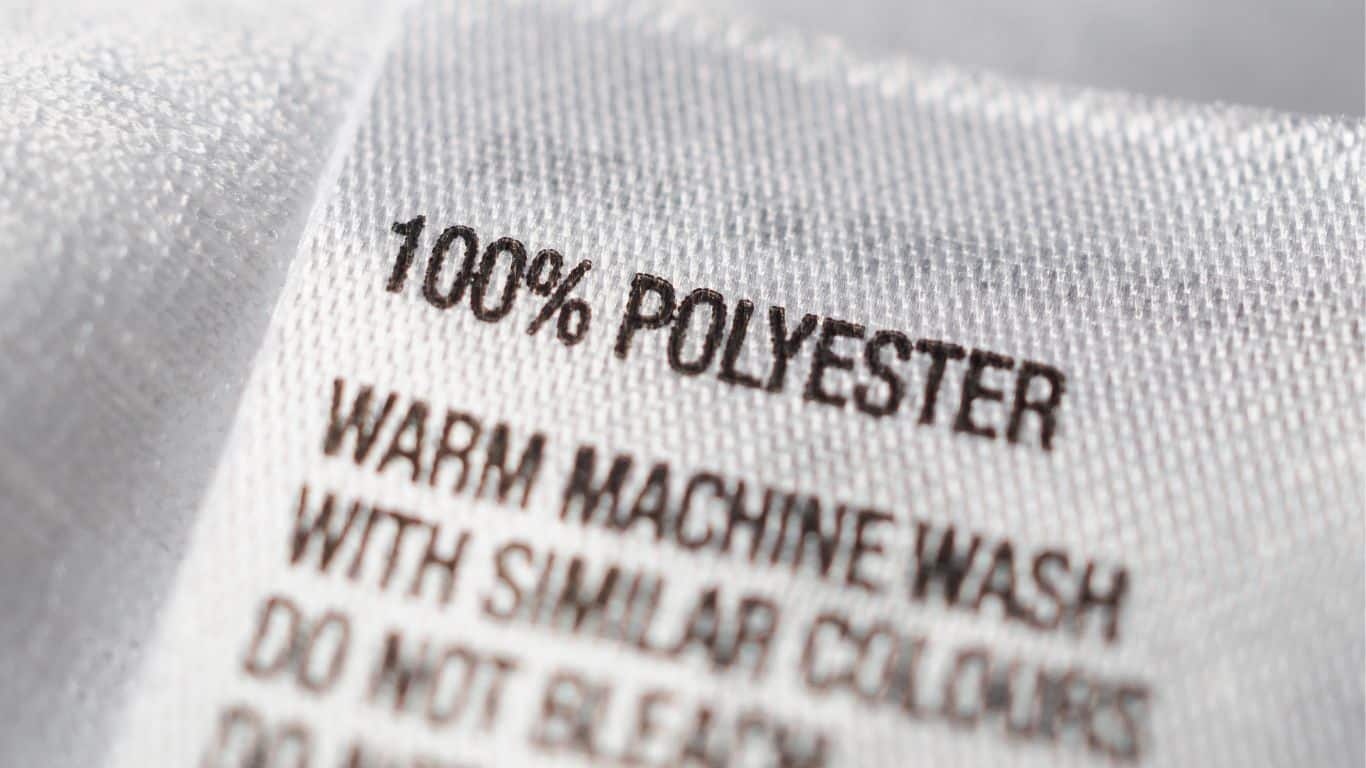Fashion
Ireland tackled tainted blood scandal decades ago – and it has cost €800m so far

Stock image: PA
Ireland’s blood scandals have caused human suffering and cost the State around €800m in compensation so far.
A damning inquiry report in the UK this week found that authorities there covered up the infected blood scandal after knowingly exposing victims to unacceptable risks. More than 30,000 people in the UK were infected from 1970 to 1991 by contaminated blood products and transfusions.
Ireland moved decades faster to address the contamination tragedy.
The tribunal set up to compensate people infected by contaminated blood transfusions or blood products in the Republic of Ireland has paid out around €800m since 1996.
In this country a compensation tribunal, which is still sitting and will continue to do so for years to come, was set up by the government in 1995 first to compensate women infected with hepatitis C as a result of the use of contaminated human immunoglobulin anti-D. This blood product was given to women with the rhesus-positive blood type to protect future pregnancies.
The Finlay inquiry in the mid 1990s looked at the rules that were broken by the then blood transfusion service in producing anti-D.
The Lindsay tribunal set up in 2000 examined the contamination of Factor 8 products used by men with haemophilia which were contaminated with HIV and hepatitis C.
The tribunal heard how home-produced blood clotting agent caused infection in seven haemophiliacs despite earlier claims that it was safe.
Evidence to the tribunal revealed how clotting agents were manufactured in the US from blood donated by homeless people and drug addicts. It was also revealed no effort was made to trace people who could have become infected. More than 1,200 received contaminated blood product.
Another 220 men with haemophilia were infected with HIV and hepatitis C. Most were infected from imported clotting concentrates manufactured by commercial firms.
The compensation tribunal became a statutory body with the enactment of the Hepatitis C Compensation Tribunal Act, 1997. It allowed for compensation for people infected with HIV as a result receiving products to treat men with haemophilia. It also meant there could be claims for general damages, to dependants of people infected.
It includes damages for pain and suffering, personal injury, loss or diminution of expectation of life or happiness which the deceased suffered during his or her lifetime. Where there is more than one dependant, the tribunal has the authority to divide the award as it feels is appropriate and fair.









